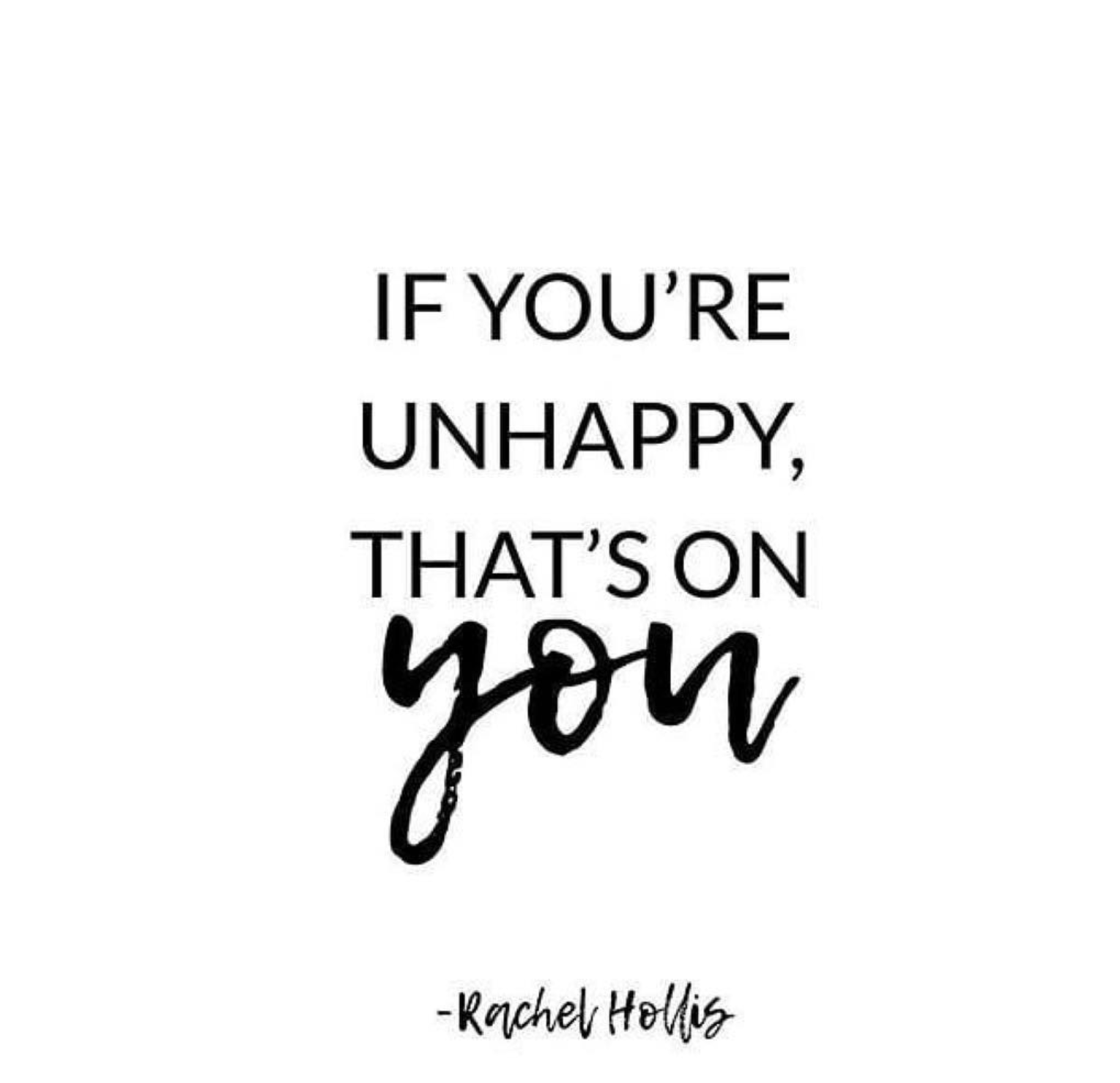Exhaustion is not an indication of a great workout
Exhaustion is not an indication of a great workout
There is a huge trend in the fitness industry to glorify exercise routines that punish. We’re talking the all-out wars on the body through the militarisation of exercise: Marine-inspired workouts, intense week-long boot camps, crazy body-building routines and the general glorification of exhaustion.
The notion that you need to be collapsed on the floor to have had a decent workout is perpetuated through social media and countless TV shows—who hasn’t seen contestants on the Biggest Loser destroyed after three hour long workouts? It’s crazy—even our recovery techniques seem to indicate pain is necessary. Foam rollers are an agony all on their own.
Rest days are a thing of the past and that’s just plain wrong.
Photo by Massimo Sartirana on Unsplash
Exhaustion is a status symbol nowadays—we practically brag about working and training ourselves to death. From competitions at work as to who stayed longest, who got the least sleep and who drank the most coffee, to who among the friends group is on the most intense diet, and who went to the gym the most this week—we all want to be the one making the most effort. Every facet of our life is dominated by exhaustion but being chronically knackered is not the key to success—it’s just a race towards illness.
Short bursts of intense activity can be both healthy and motivating; some people thrive on pressure and kick-start programs often help encourage people to stick to their fitness regimes. Fast results mean you’re more likely to want to continue, after all. But the no pain, no gain mentality does go too far. Starting a new exercise routine will hurt at first as you work muscles you didn’t even know you had, and pushing yourself to achieve will mean you feel pretty tired as you get in shape. To reach your goals, you will need to confront your limits and find the ‘comfortable uncomfortable’. But waging war on your body isn’t sustainable.
Pain is the body’s way of telling you you’re going too far. It’s a warning system that should be heeded; while muscle pain after a workout can indicate you’re growing them, that doesn’t mean you should continue to stress them the next day. Give your body time to recover; problems with your passive musculoskeletal system can be hidden by the muscle pain you’re attributing to getting stronger. Your joints, cartilage, ligaments and tendons all need time to recover and minimise the risk of damage.
Exercising to exhaustion and complete muscle failure can be very effective—it’s how serious bodybuilders get the most bang for their exercise buck—but experienced athletes also make sure they recover properly before their next training session. Even then, they aren’t seeking the pain. Ask anyone who has caused irreparable damage to their body in pursuit of physical perfection—chronic exhaustion overwhelms the joints and ligaments, risks the bones and muscles, and leads to a reduced immune response.
Train smarter, not harder.










Why doesn’t the human body crave the nutrients in fruits and vegetables, preferring instead to demand sugar and fat in unhealthy quantities?